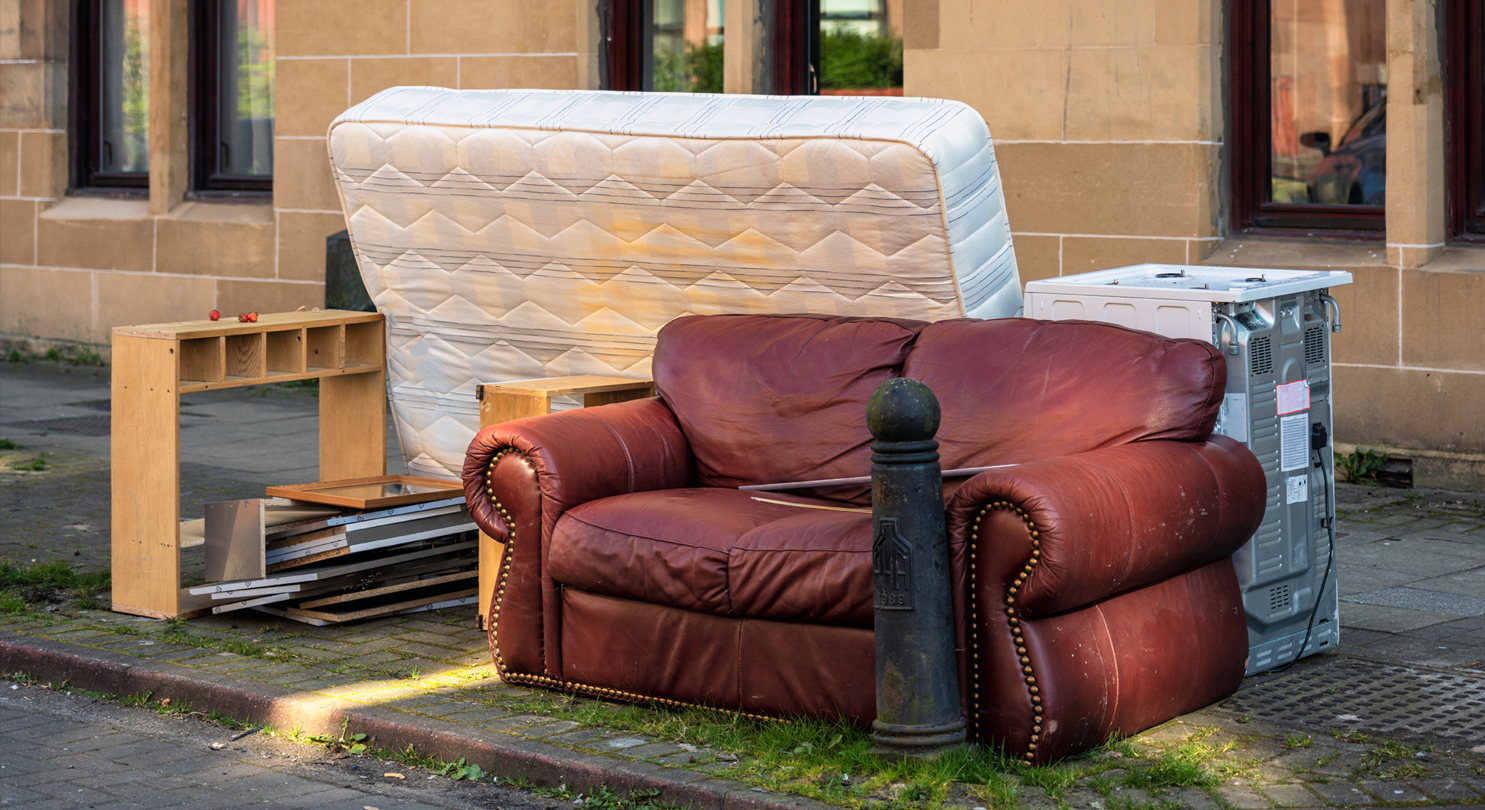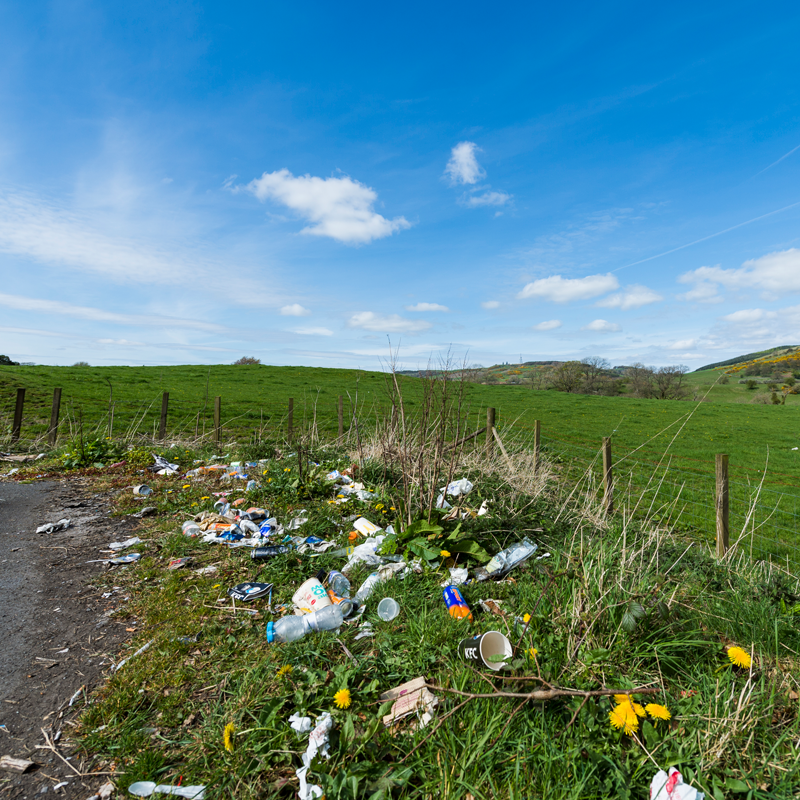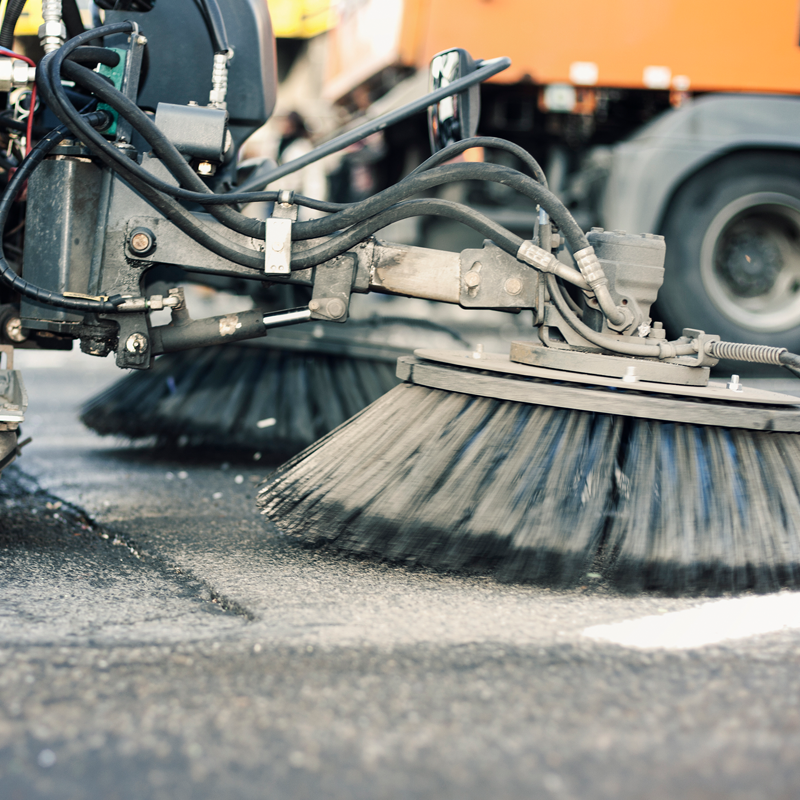
How to report flytipping incidents
The Dumb Dumpers flytipping reporting service has now closed. After consultation with the public and enforcement bodies local authorities, SEPA and Police Scotland), it was agreed that public reporting of flytipping incidents should be made directly to the relevant local authorities.
From 1 April 2023, the Dumb Dumpers telephone line run by SEPA’s Contact Centre (0300 777 2292), will no longer be accepting flytipping reports and anyone who calls that number will hear a recorded message asking them to contact the relevant local authority. After around 6 months the phone line will be completely disconnected.
If you wish to report a flytipping incident, you should contact the local authority in the area where the flytipping has occurred.
Use the following tool to find the local authority details by postcode search.
These changes do not affect the investigation of flytipping incidents. Local authorities will bring other enforcement agencies such as SEPA and Police Scotland into relevant investigations, as they do currently, when reports are made through a local authority reporting system.
If you want wish to contact Zero Waste Scotland about this change, please email: flytipping@zerowastescotland.org.uk.
If you wish to contact SEPA about this change, please email: nationalwaste@sepa.org.uk.
FAQs
What is Dumb Dumpers?
Dumb Dumpers is a reporting mechanism whereby citizens can report incidents of flytipping that they observe. It covers the whole of Scotland and aims to ensure that reports are recorded and dealt with by the appropriate authority. It was first created in 2014 as part of a campaign launched by Keep Scotland Beautiful.
How does Dumb Dumpers work?
Reports can either be made online or to a hotline: 0300 777 2292 (neither service will be available after 31 March 2023). SEPA’s Contact Centre (SCC) triages those reports to the relevant local authority or relevant SEPA regulatory team.
Why is the Dumb Dumpers service now closed?
Dumb Dumpers reports account for only a tiny percentage (less than 5%) of the total number of flytipping incidents in Scotland. The majority of incidents are reported directly to the local authority. The majority of reports made through Dumb Dumpers are triaged to local authorities who may have already had the same incident reported directly to them and there is no easy way for the original reporter of flytipping to get feedback on incidents triaged to local authorities. The service is no longer deemed fit for purpose.
When did the service close?
The service closed on 31 March 2023 and now no longer operates.
Has this been consulted upon?
A survey of local authorities carried out in 2019 and those that responded said that they would prefer the public to report incidents directly to them, citing double handling and the length of time it takes for a report to reach them.
A public consultation in 2021 resulted 1/3 of all respondents stating that Dumb Dumpers should remain. Of local authority respondents, 18% felt it should remain.
A public perceptions survey carried out in 2022 noted that 92% of respondents would report flytipping to their local authority. Only 3% said they would report it to Dumb Dumpers.
How will I report flytipping incidents now?
If you wish to report a flytipping incident, you should contact the local authority in the area that the flytipping has occurred.
By typing in the postcode on the gov.uk website you can find the local authority details.
Will this change the way that flytipping is investigated?
No it will not change how incidents of flytipping are investigated, this will continue to be the joint responsibility of local authorities and SEPA with the local authorities handling the majority of cases. Local authorities will look to bring other enforcement agencies such as SEPA and Police Scotland into relevant investigations, as they do currently, when reports are made through a local authority reporting system. There is a separate action proposed in the National Litter and Flytipping Strategy which will clarify the roles and responsibilities of different enforcement organisations in tackling flytipping (local authorities, SEPA, Police Scotland and Loch Lomond and Trossachs National Park).






